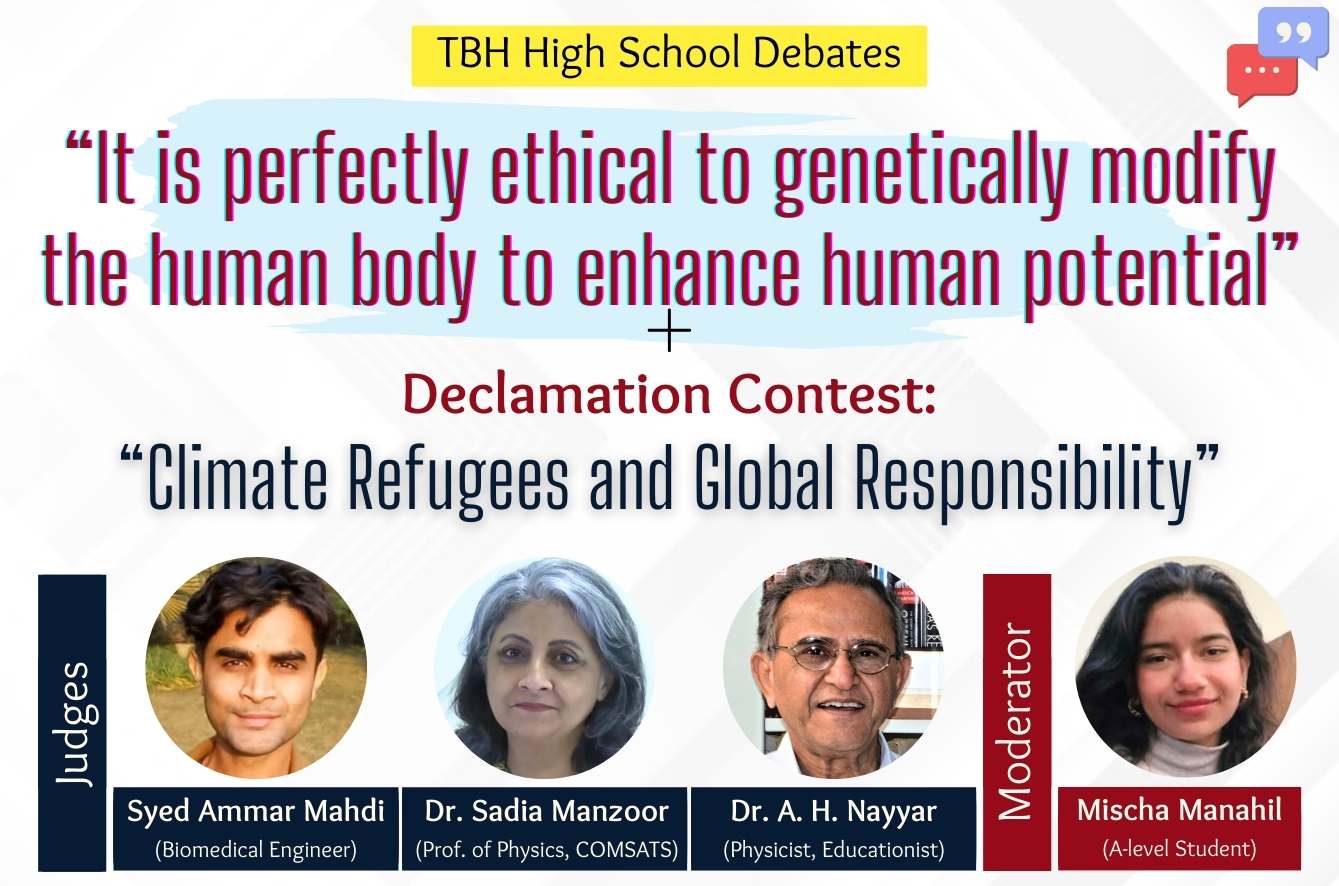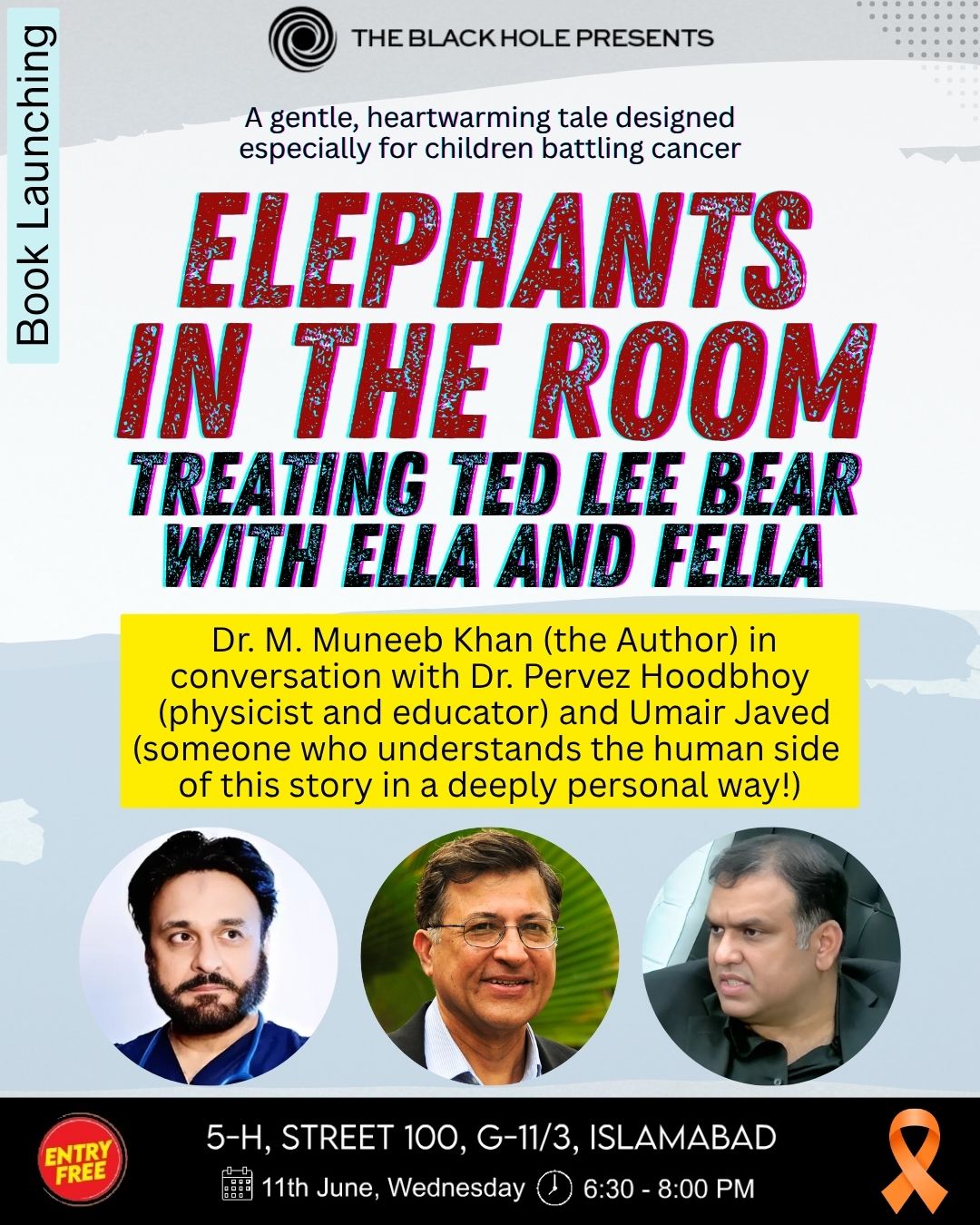
Debate: The Ethics of Genetic Engineering and Human Enhancement
TBH High School Debates (Debate #2)
The Ethics of Genetic Engineering and Human Enhancement
The debate surrounding genetic modification is one of the most complex and ethically charged issues of our time. At the heart of the discussion is the idea of using genetic modification not just for treating diseases, but for enhancing human potential—be it increasing intelligence, physical strength, or even altering traits like height or appearance. Proponents argue that, with the rapid advancements in genetic science, we have a moral obligation to use these technologies to better the human condition. They see genetic modification as a natural progression of human innovation, offering unprecedented opportunities to overcome limitations and achieve new heights in health, performance, and longevity.
On the other hand, critics raise profound ethical concerns. They warn that genetic enhancement could lead to a new form of inequality, where only those with access to these technologies can benefit, potentially creating a society divided by genetic ‘haves’ and ‘have-nots.’ Furthermore, the long-term consequences of altering the human genome are unknown, raising fears of unintended effects that could impact future generations.
This debate forces us to confront fundamental questions about the nature of humanity, the limits of scientific intervention, and the moral responsibilities of such powerful technologies.
This debate will be followed by a Declamation Contest on
“Climate refugees and global responsibility“
As the effects of climate change become increasingly severe, millions of people around the world are being forced to leave their homes due to rising sea levels, extreme weather, and environmental degradation. These individuals, known as climate refugees, represent one of the most pressing humanitarian challenges of our time. This declamation contest will explore the moral and ethical responsibilities that the global community holds towards these displaced populations. Participants will explore the complexities of climate-induced migration, the role of developed nations, and the urgent need for collective action to address this emerging crisis. We aim to ignite a conversation on how the world can come together to protect those most vulnerable to the changing climate.
Judges:
- Dr. A. H. Nayyar is a physicist, author, and a consultant on the issues of education, nuclear safety, and energy. He has served in the faculties of the Quaid-e-Azam University, Islamabad from 1973 till 2005 and the Lahore University of Management Sciences.
- Dr. Sadia Manzoor is a Professor of Physics at COMSATS IIT. She has done her doctorate from Quaid-e-Azam University, Islamabad.
- Syed Ammar Mahdi is a computer science and Liberal Arts graduate from Habib University, Karachi and a Biomedical Engineer. He works as an independent researcher, an educator and a writer.
Moderator:
- Mischa Manahil is an A-level student who is active in the Islamabad debating circuit.
Debate Format:
1. Opening Statements (3 minutes per debater):
- Each debater begins with a succinct and impactful opening statement covering all the questions given in the topic description.
- Clearly define his/her stance on each question.
- Provide a brief outline of key arguments to set the stage for the discourse.
2. Discussion Phase (1 hour):
- Floor is open for discussion where debaters present and defend their arguments.
- Debaters take turns building their case and responding to opponent arguments.
- Moderator facilitates a dynamic exchange, ensuring a balanced and respectful discourse.
Guidelines for Discussion Phase:
- Debaters must present well-reasoned arguments supported by evidence.
- Constructive engagement is encouraged; personal attacks are strictly prohibited.
- Debaters are expected to actively listen and respond to each other’s points.
- Active participation of the debaters are encouraged.
- Moderator may introduce probing questions to stimulate deeper discussion.
3. Closing Statements (3 minutes per Debater):
- Debaters offer a concise summary of their key points and restate their position.
- Use this time to leave a lasting impression and reinforce the strength of their arguments.
- Closing statements aim to solidify the debater’s stance and persuade the audience.
Scoring Criteria
- Organization and Clarity: viewpoints and responses are outlined both clearly and in an orderly manner.
- Use of Arguments: reasons are given to support the viewpoint.
- Use of Examples and Facts: examples and facts are given to support reasons.
- Use of Rebuttal: arguments made by the other debaters are responded to and dealt with effectively.
- Presentation Style: tone of voice, use of gestures, and level of enthusiasm are convincing to the audience.
- Respectful Engagement: engaging the opponent in a respectful and tolerant manner.
Prize
Congratulatory certificates and shields will be awarded to the following:
- Best Debater
- Runner-up
This session is free and open to all. Just visit the venue to attend it.
The Black Hole
Plot 5H, Street 100, G-11/3, Islamabad.
Click here for Google Maps Location
